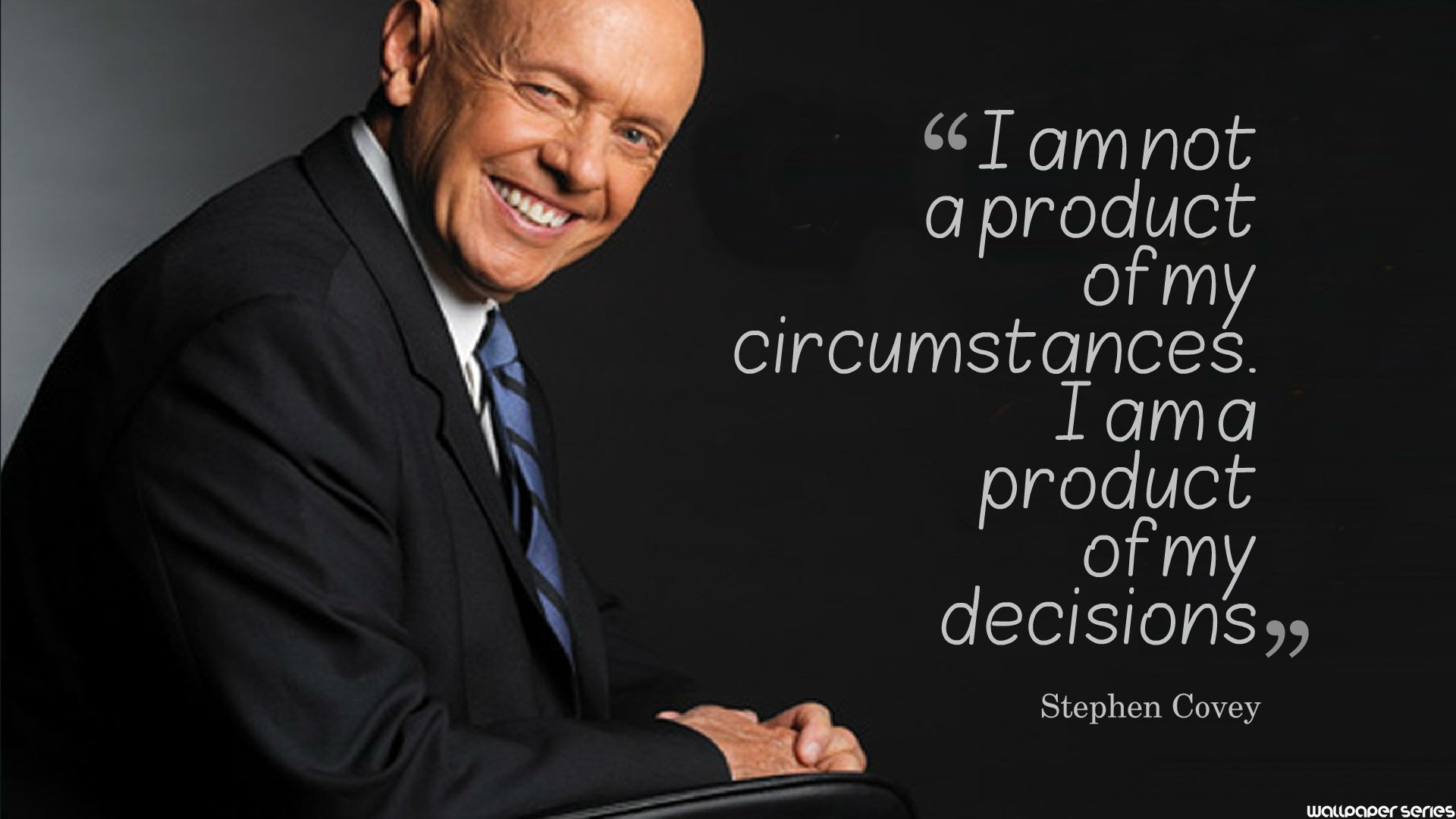

Thomas Friedman recently cited the amazing work they are doing in a column for The New York Times called, “First, Tahrir Square, Then The Classroom.” It’s the kind of work that truly does change the world, and leaves a lasting legacy. Their work is a quiet revolution - one that is desperately needed. For example, I recently interviewed a couple, James and Shaylyn Garrett, who are in Jordan training teachers and students critical thinking skills and other leadership principles. Teaching children to be leaders may well be a mechanism for changing the world. In an awkward interaction here, Stephen was asked, “What do you want to be known for?” and he answered, “Every child is a leader.” It doesn’t seem like an answer to the question - unless it is. He believed in teaching children to be leaders. We are still barely scratching the surface on this, but the work has begun. His vision was to create schools, hospitals, governments and institutions that throw out industrial age thinking and innovate to create something better. There is irony that some of his ideas are now clichés within the very systems he sought to dismantle, but it doesn’t change the importance of his intent. He believed in creating organizations that are different than the ones we have inherited. Stephen Covey sought to shake corrupted assumptions embedded in organizations everywhere. The principle that captures my own sense is: “Follow not in the footsteps of the masters, but rather seek what they sought.” What I learned from Stephen was not to be like him. I am confident I can go toe-to-toe on any aspect of his thinking and writing with critics or zealots. I do not seek in this piece to summarize Stephen’s thinking nor necessarily to advocate it. Indeed, the hypocrisy people feel when they hear such mantras and see such behavior is truly painful. Like something from a Dilbert piece, these moments are cringe-worthy. Yet, I have also seen the ideas Stephen taught being used like scenes from The Office: like the tyrannical boss who printed large posters with the word, “Synergize!” and posted them around the office cubicles (a true story). God bless you to fulfill your dream in blessing His children.
STEPHEN COVEY LEADER IN ME FULL
That is enough.” Then, he sent a follow-up note, saying “Some day, you’ll send me your magnum opus full of spirit, vision, love and insight. You don’t even know what you don’t know!” And I wondered whether this was really the principle-centered leader I had heard so much about! But then he continued, “But so were many of the thinkers and leaders before you.

In one of our first conversations, when I was 21 years old and hungry to write my first book, he said “Oh Greg, you are so naïve, you have no idea about life. Whether in his home, on the phone or in encouraging notes along the way, I benefited from his personal mentoring. On a more personal level, Stephen took time to support my own efforts to teach and write. At the height of his fame he was named one of Time magazine’s 25 Most Influential Americans. The 7 Habits alone has been published in 38 languages. At more than 20 million books sold, he has clearly been one of the most widely read management thinkers of the last thirty years. Certainly, I have done my fair share of thinking on the principles and ideas he espoused, which have been shared in almost every corner of the world. And by read I mean read, reread, taught, thought deeply about and tried to apply.

One group says he was a “snake oil salesman” who “started a wave of BS in the corporate world - all about clichés and posters and one liners.” The other says “he cleared out a lot of BS by making some important ideas simpler to grasp.” Which is it? The comments on these obituaries include two very divergent types. In a testament to his impact, his passing was news on CNN, The Washington Post and in many other publications around the world. Covey, the author of The Seven Habits of Highly Effective People, died yesterday.


 0 kommentar(er)
0 kommentar(er)
